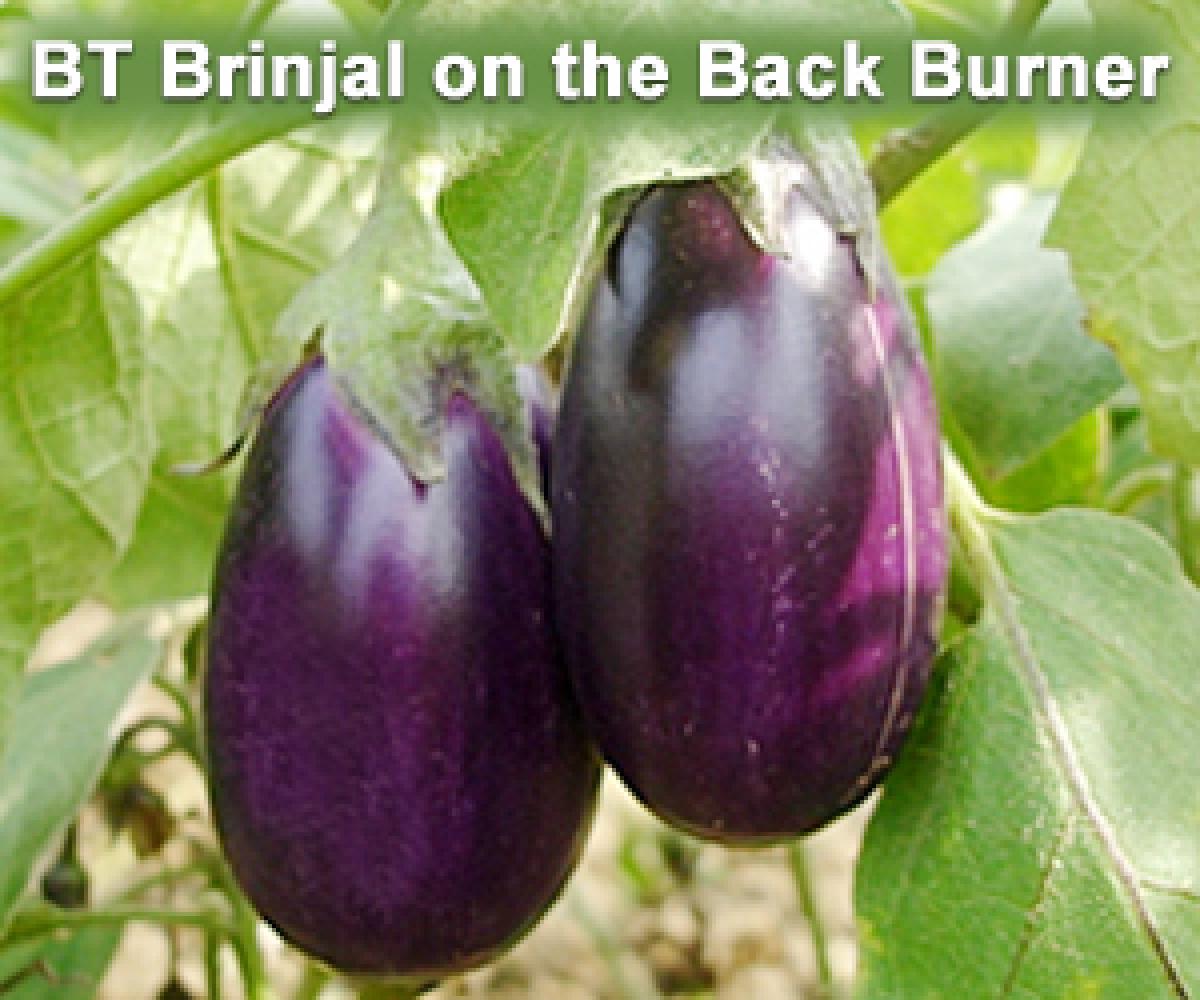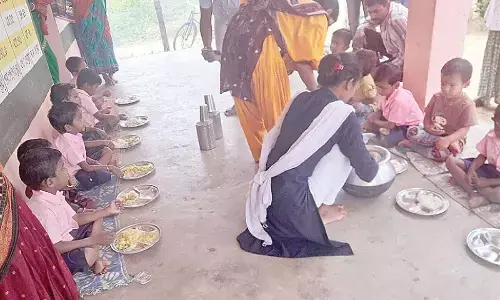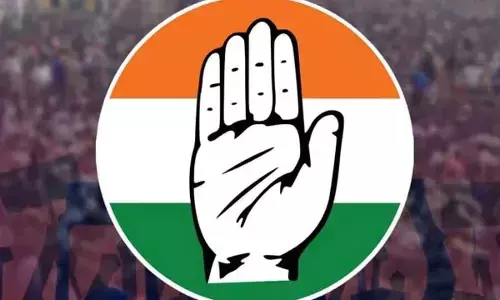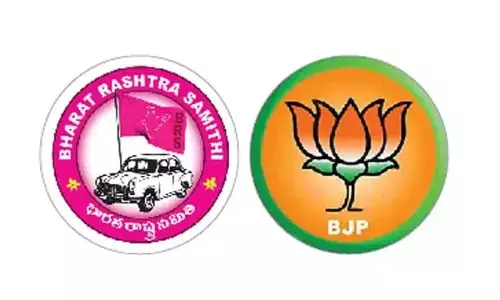Bangla solution to Indian food security

Bangla solution to Indian food security. Bangladesh Agriculture Minister Matia Chowdhury has set an example by politically challenging extreme environmentalists and private-enterprise-hating ideologues, which is in contrast to the arm-twisting of Greenpeace by the Indian government.
.jpg) Bangladesh Agriculture Minister Matia Chowdhury has set an example by politically challenging extreme environmentalists and private-enterprise-hating ideologues, which is in contrast to the arm-twisting of Greenpeace by the Indian government. At an event in Dhaka, Chowdhury called those protesting against Bt brinjal cultivation as either "devious," or "ignorant." "The words may be harsh but I've said this with responsibility," he was quoted as saying in the media.
Bangladesh Agriculture Minister Matia Chowdhury has set an example by politically challenging extreme environmentalists and private-enterprise-hating ideologues, which is in contrast to the arm-twisting of Greenpeace by the Indian government. At an event in Dhaka, Chowdhury called those protesting against Bt brinjal cultivation as either "devious," or "ignorant." "The words may be harsh but I've said this with responsibility," he was quoted as saying in the media.
The Modi government has cut off foreign money supply to Greenpeace calling it a threat to India's economic security. Greenpeace is opposed to nuclear energy and genetically modification (GM) crop technology. Instead of calling Greenpeace's bluff with arguments, high handedness has allowed the NGO to style itself as the victim of the government's intolerance to dissent.
Further embellishment has been provided by the government's malicious action against the Ford Foundation, which has been a force for good and is fondly remembered for its role in the Green Revolution. Under Chowdhury's stewardship, the Bangladesh Agricultural Research Institute (BARI) allowed cultivation of Bt brinjal in October 2013, after doing its own agronomic studies, but relying on Indian bio-safety data.
In the first season, 20 farmers were given the seeds. They reported 70-90 percent reduction in pesticide sprays, 30 percent increase in marketable yield and a net benefit of around $650 per bigha (one-third of an acre). The brinjals were marketed as pesticide free and fetched a premium. Currently, 108 farmers there have been permitted to grow Bt brinjal, whose seeds farmers can re-use.
India's Mahyco-Monsanto has offered the Bt technology gratis to BARI for use in open pollinating varieties. The company reserves the right to sell Bt hybrids in that country. Then Environment Minister Jairam Ramesh, for reasons that can be speculated, overruled the Genetic Engineering Appraisal Committe (GEAC), India's regulator for GM crop, and announced an indefinite moratorium. This February marked the fifth anniversary of the ban.
Chowdhury's forthrightness is in contrast to official Indian timidity. Last July, the Minister for Environment and Forests Prakash Javadekar, in a written reply in the Lok Sabha, said that there 'is no proposal for a complete ban' on release of GM organisms either for commercial cultivation or for experiments. In November, Javadekar told the Lok Sabha that the central government had filed its objections in the Supreme Court against the ban on GM crop trials recommended by five of six members of the Technical Expert Committee which the apex court had set up in May 2012 to examine the strength of India's regulatory mechanism. Currently, four states have allowed trials of GM crops in India.
But what after that, will the central government allow their commercial cultivation? So far only Bt Cotton has been approved. That was 13 years ago. It is not Greenpeace or the Left ideologues that the government fears, but its own party affiliates like the Swadeshi Jagran Manch and the Bharatiya Kisan Sangh. All fundamentalists are alike in their extremism.
By Vivian Fernandes









